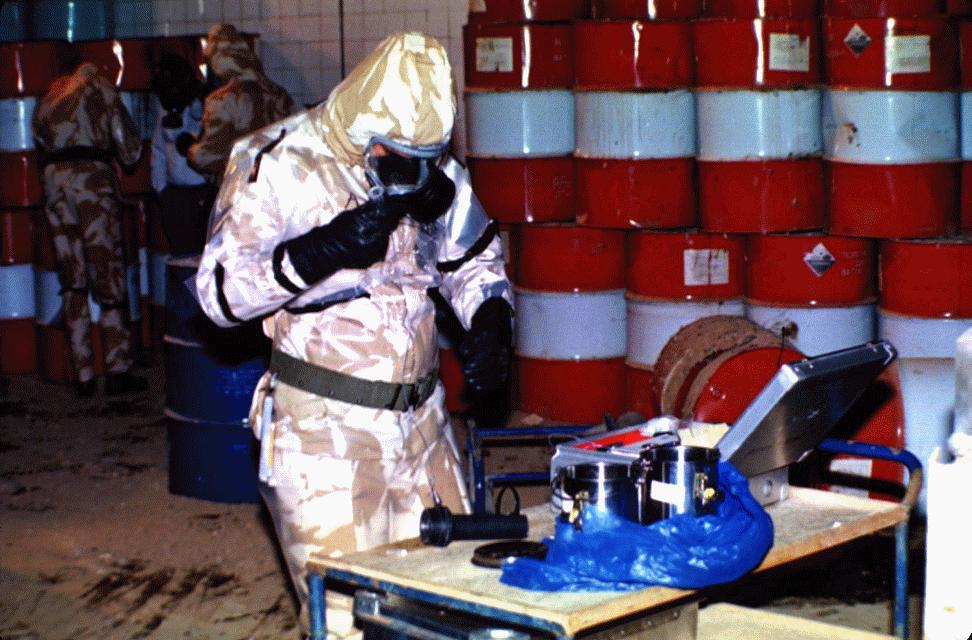 |
| Yeah. ALL the amendments are important. |
And yet their stated ideological positions, writ large, offer a great opportunity for a liberal/conservative coalition on issues of personal freedom, individual liberty and constitutional protections. If they would only hold true to their stated beliefs, even when to do so put them in agreement with a liberal agenda, we would have a chance to hold back the ongoing selective limitations on rights guaranteed by the constitution. And guess what? Finally, as the issues of freedom and community come into stark relief, it's tremendously reassuring to see the the wingnuts demand that the government live by the laws of the land. And even more importantly, we see a far-right political leader putting her citizens first, not just accepting but fighting for federal health care resources in the face of ideological intransigence.
So what are we to make of this? The Texas state legislature, perhaps the most reactionary right wing body in the US, passed HB2268, without doubt the strongest email privacy legislation in the nation. The bill would provide Texans with a powerful set of privacy rights at the state level, although, of course, federal law enforcement in this area is still governed by the tremendously flawed 1986 ECPA. Of course, Texas governor Perry is loathe to support anything that liberals approve of, but given that the bill passed both Houses without a single "nay" vote, he might feel somewhat constrained to simply veto it. His alternative is to do nothing, in which case the Bill would become law in mid-June and take effect in September.
However, that development pales in the face of the battle of Arizona. It turns out you can say just about anything you like about Arizona Governor Jan Brewer - right wing, inflexible, reactionary, politically inept, racist - and you might be right in every case. But who knew she also took her role as Governor seriously, placing the well being of constituents above her political ideology? That's the kind of thing politicians claim, but you just never see them stand firmly behind it regardless of cost.
In January Gov. Brewer announced she would be supporting the Medicaid expansion in the ACA, often referred to as "Obamacare". This is a no-brainer for any rational Governor, because it uses federal funds almost exclusively to expand the ranks of people covered by Medicaid. It allows many otherwise uninsured citizens to receive subsidized health care at minimal cost to the state coffers. Republicans hate it, and have taken a stand that they will allow their poor citizens to suffer and die in significant numbers rather than take the federal funds. But not Governor Brewer. In a surprise announcement, she said her administration would participate in the Medicaid expansion. Her legislature was less than sanguine, and have done nothing to implement that goal. That left the Governor with two choices - back down and let ideology take its course, or go to war with her ideologically simpatico legislature. Bet you didn't see this coming.
She told the Legislature they were out of the lawmaking business until they implemented the Medicaid expansion. She announced her intention to veto EVERY bill passed until then. The congress was unconvinced and sent five bills to her desk this week. She vetoed every one.
It. Is. On.
The Arizona Senate has agreed to the Medicaid expansion, and the battle between the Statehouse and the House of Representatives grows increasingly tense. Nobody wants to back down, and it's hard to know who holds the strongest hand. But the interesting thing here is that common sense and statesmanship is being placed above ideology. By Jan Brewer. To the point where she's willing to buck her own allies.
I don't think this is some kind of a trend, necessarily, but it could very well be the beginning of some kind of minimal self-awareness from some members of the political right. There should be some recognition that your first job is to govern effectively, and it's only secondarily that you can use your position to promote an ideological agenda. And maybe we're seeing some of that...
...


